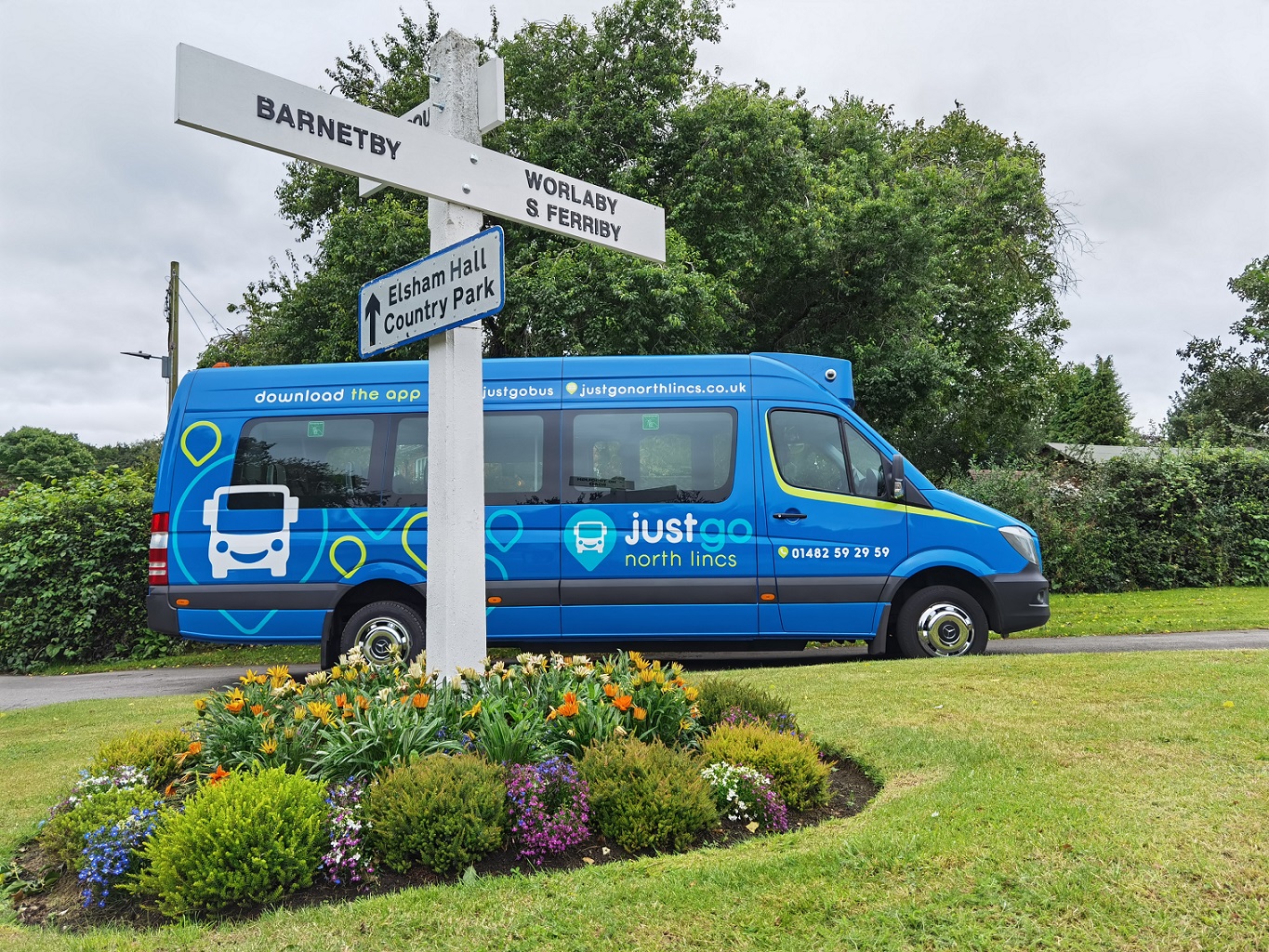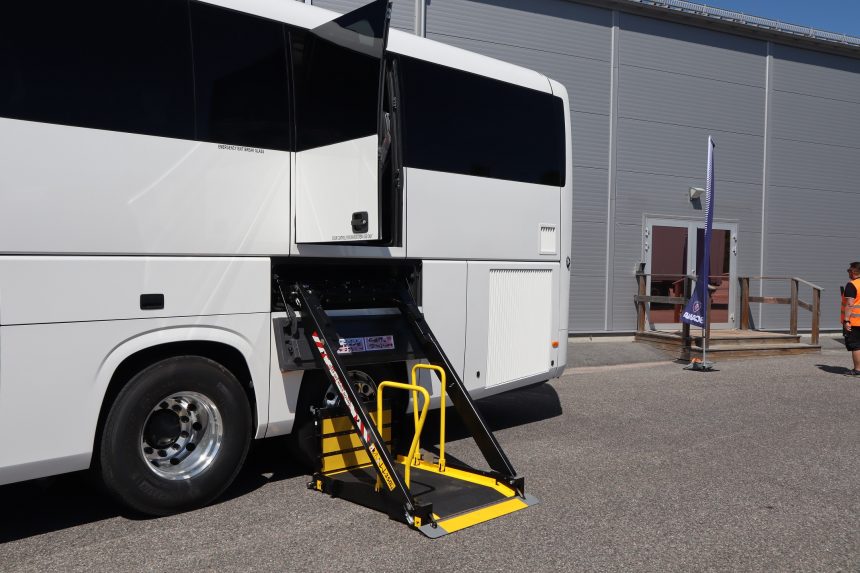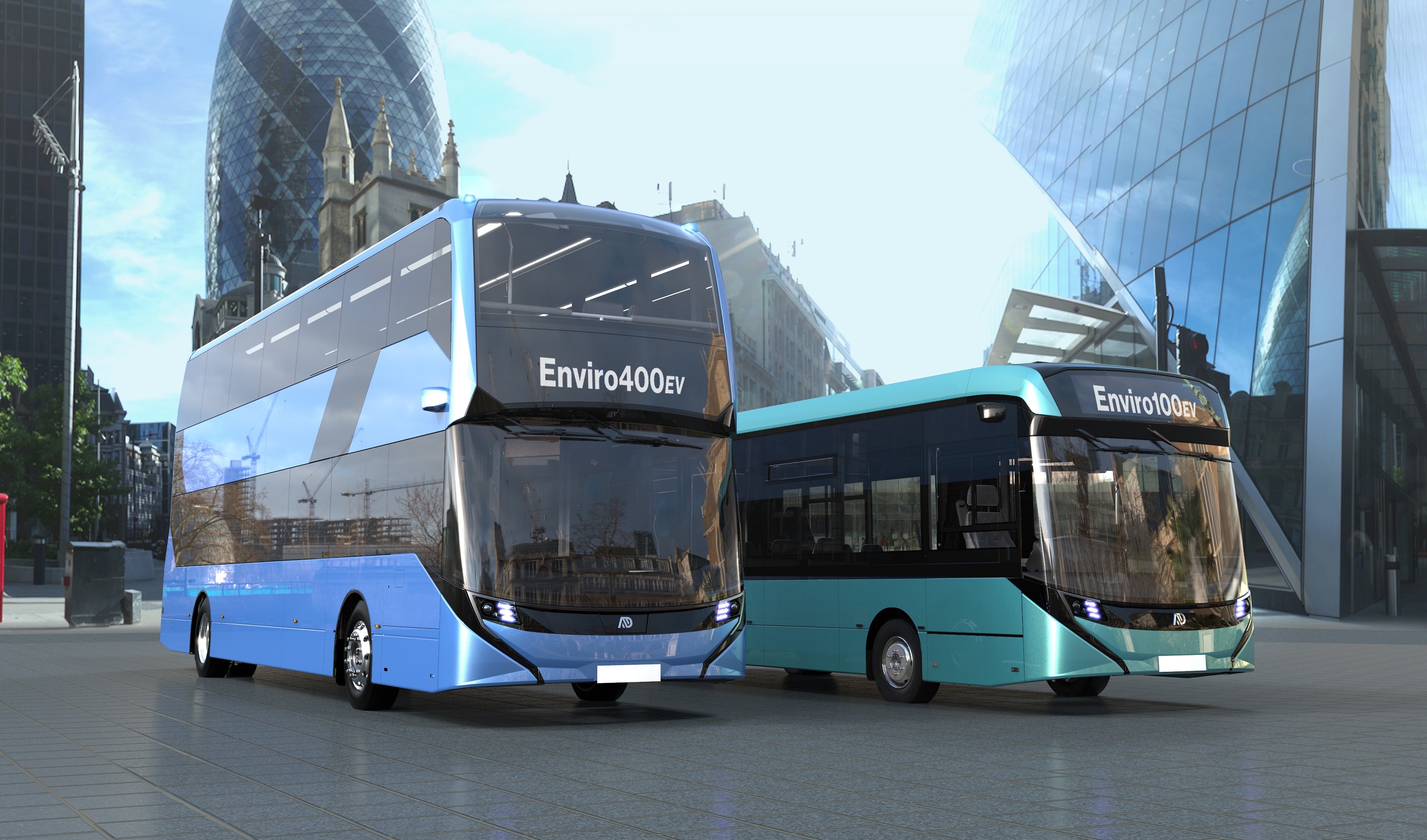The Disabled Persons Transport Advisory Committee (DPTAC) has underlined its call for all coaches to be in scope of PSVAR and added that minibuses used by community transport organisations and demand responsive transport (DRT) services should do the same.
Such policy is within DPTAC’s submission to a call for evidence (CfE) on the review of PSVAR. That exercise closed in September 2023, with the government’s response already delayed.
The Committee aired a view in early 2022 that all “for hire” coach work should be in scope of PSVAR. It renews that call in its CfE submission, noting a belief that “there is no sign that the coach industry will embrace accessibility without regulatory intervention.”
DPTAC claims that a hoped-for ‘trickle down’ of compliant coaches from duties that require compliance with PSVAR has not occurred, although the reliability of that claim is unclear given how much compliant new and retrofitted stock has entered the market in recent years.
Despite that, DPTAC has raised a previous suggestion that some compliant coaches built for use on scheduled services have had accessibility features removed when they are cascaded to other duties outside the current remit of PSVAR.
That applies to “as many as 50%” of coaches that have followed such a usage pathway, DPTAC has told the government. It says that figure is from a report by the Confederation of Passenger Transport to the Rail Delivery Group (RDG), which represents train operating companies.
That is thought to refer to work done in March 2020. An RDG document published then noted how “over 600” coaches that were PSVAR compliant as built had “subsequently been regressively retrofitted and made non-compliant.” RDG accepted that such a change could be considered “a rational commercial choice” where accessibility was not required.
In her combative letter of July 2021 to trade bodies about PSVAR, then-minister Baroness Vere said that she had asked Department for Transport (DfT) officials to explore whether the removal of accessibility aids from PSVAR compliant coaches could be prevented by law.

On community transport minibuses, DPTAC acknowledges that the sector has long embraced accessibility “and is seen as wanting to meet the needs of others with mobility impairments.”
However, the Committee puts forward that it is “not clear how well [community transport operators] deal with hidden impairments… Consequently, we believe that PSVAR should apply to the minibus type vehicles they use.”
Similarly, DPTAC notes that DRT services already accommodate wheelchair users, although not necessarily in all vehicles used. But it adds that there is “no evidence” that DRT providers “have considered other accessibility features.”
Because of that, and an expected greater future role for DRT, the Committee believes that it is “vital” for vehicles used on those services to fall within scope of PSVAR.
As a caveat, it adds that the current nature of PSVAR may not be appropriate for all vehicles used on DRT. DPTAC thus advocates a sympathetic position to permit “a more outcome focused approach for such services.” It is unclear whether space envelope constraints of minibuses would allow them to fully comply with PSVAR as that legislation presently stands.
The excerpt of DPTAC’s CfE submission shared by DfT does not specifically detail whether minicoaches with a capacity of 22 passengers or less (and so are thus currently outside PSVAR) but which are used on work that would require compliance of larger coaches are also captured by its advocacy for an expansion of in-scope vehicle types.
However, the Committee believes that PSVAR should apply to all road-based public transport vehicles except those smaller examples that are regulated as taxis and private hire vehicles. Minicoaches are not directly referenced in its position on compliance for coaches.

























